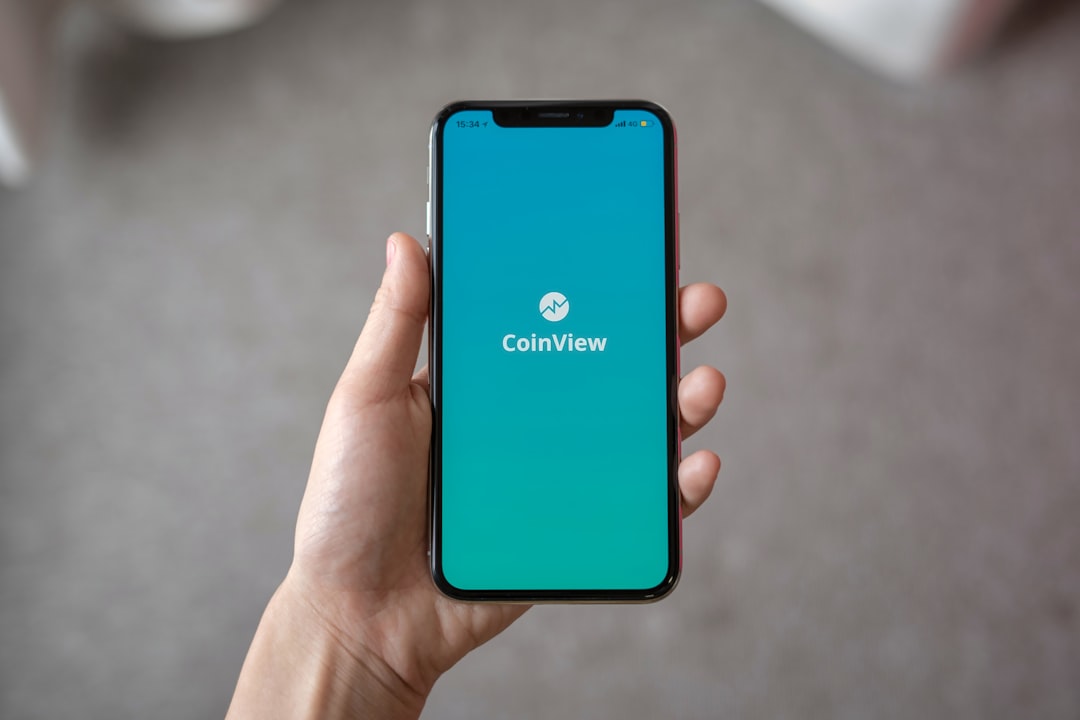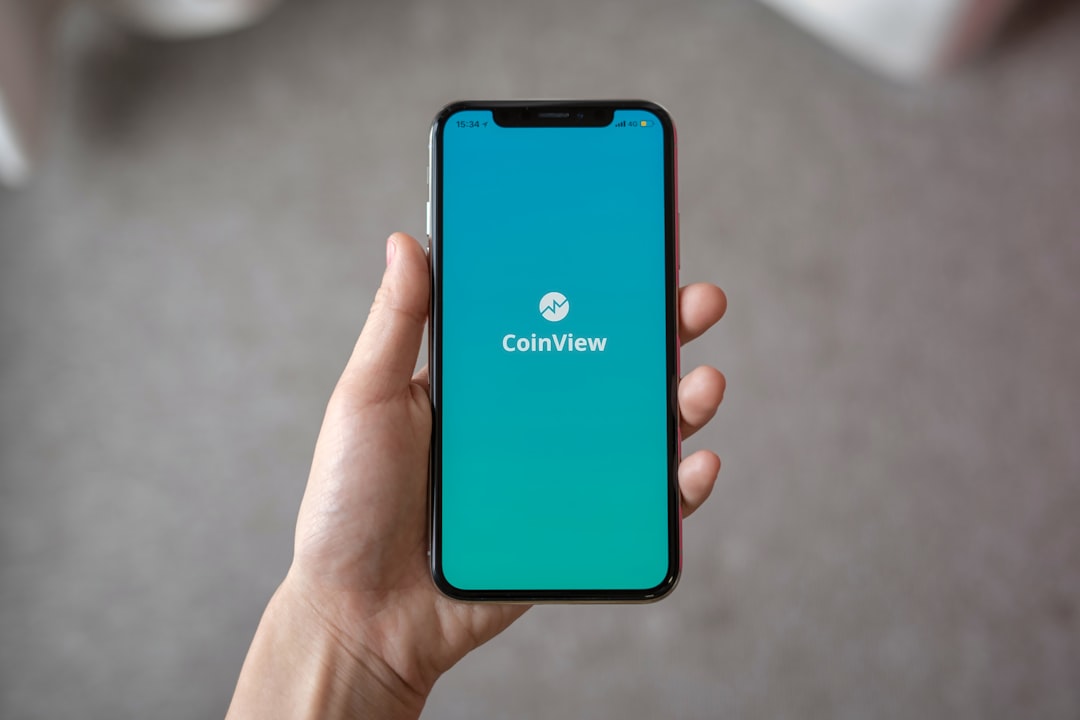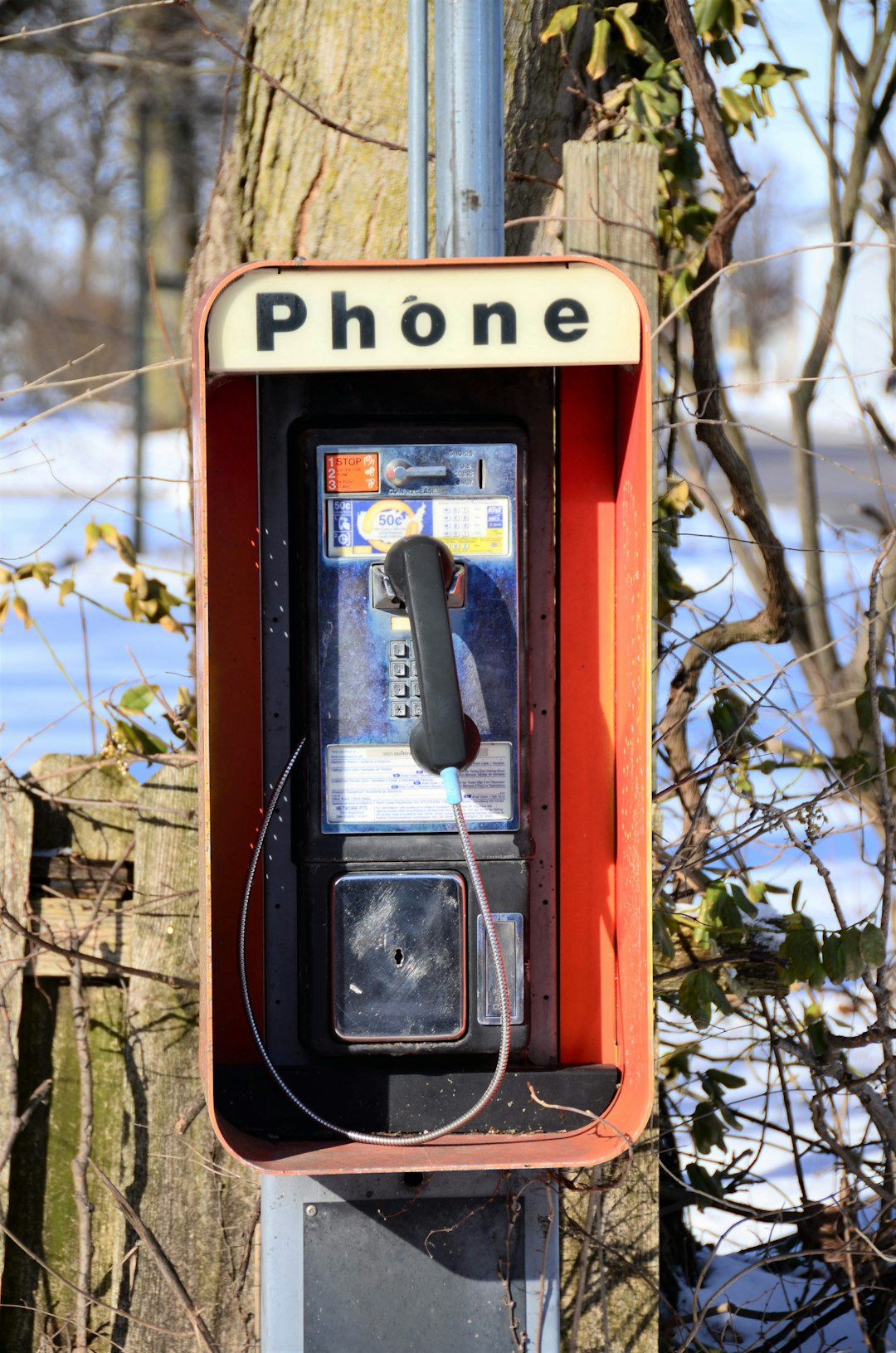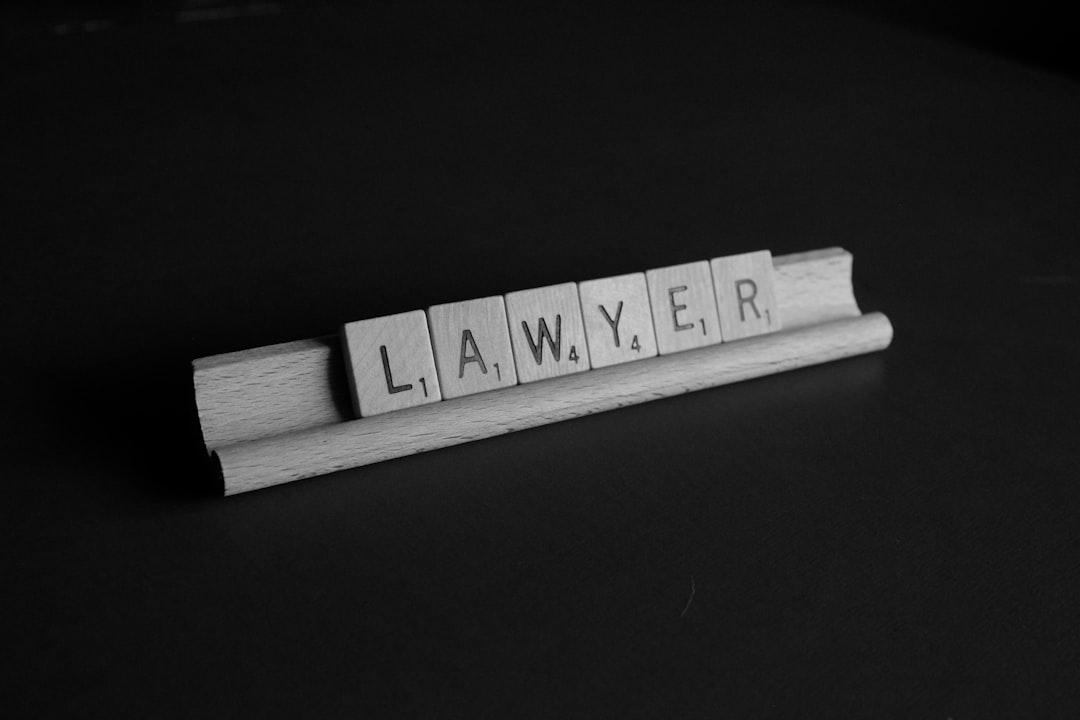Maine's strict Do Not Call laws apply to webinars and virtual events, requiring organizers to obtain explicit consent from participants before recording or contacting them for promotional purposes. Compliance involves creating clear opt-out options, respecting attendee requests, keeping detailed records, and working with specialized Do Not Call attorneys in Maine. Balancing audience engagement with privacy law adherence is crucial, using interactive elements, pre-screening lists, and educating participants on their rights. Post-event, organizations must securely manage data, retain records for 3 years, and be prepared to provide them upon request from Do Not Call attorneys Maine or regulatory bodies.
Running compliant webinars and virtual events in Maine requires understanding and adhering to the state’s stringent Do Not Call laws. As a business or event organizer, it’s crucial to grasp how these regulations apply to online gatherings, especially concerning recordings, consent, audience interaction, and data handling. This guide navigates through the legal complexities, offering best practices and strategies to ensure your events comply with Maine’s Do Not Call attorneys’ expectations while delivering engaging experiences for participants.
Understanding Maine's Do Not Call Laws and Their Application to Webinars

Maine’s Do Not Call laws, enforced by the Maine Attorney General’s office, are designed to protect residents from unwanted telemarketing calls and sales pitches. While these regulations primarily target traditional phone calls, they also extend to webinars and virtual events hosted in the state. If you’re planning to conduct online seminars or gatherings, understanding these laws is crucial to ensuring compliance.
Webinars, especially those with a commercial purpose, must adhere to the same principles as telemarketing. This means obtaining proper consent from participants before recording or contacting them for promotional purposes. Do not call attorneys in Maine can offer guidance on crafting effective consent forms and ensuring attendees opt-in voluntarily. Compliance goes beyond mere notification; it involves creating a clear opt-out mechanism, honoring requests to stop communication, and maintaining detailed records of participant interactions.
Legal Requirements for Recording and Consent in Virtual Events

Running virtual events and webinars in Maine comes with specific legal considerations, especially regarding recording and consent under the state’s Do Not Call laws. According to Maine law, any recorded communication for sales or marketing purposes must obtain prior written consent from all participants. This includes webinars and online seminars where attendees are engaged in discussions that could be considered telemarketing activities.
Do not call attorneys in Maine advise that organizers should inform participants about the recording process and seek explicit consent before initiating any audio or video recordings. Failure to comply with these regulations can result in significant fines and legal repercussions. It is crucial to ensure that all attendees understand their rights and provide clear authorization for their interactions to be recorded, especially if the content is later used for promotional or sales purposes.
Best Practices for Guest Speaker Engagement and Presentation Compliance

When engaging guest speakers for webinars or virtual events in Maine, it’s crucial to ensure their presentations comply with state laws regarding telemarketing and the Do Not Call list. Best practices include verifying that each speaker is aware of and adheres to Maine’s regulations, ensuring they obtain proper consent for any marketing or sales-related content during their presentation, and providing clear disclosures about potential promotions.
Additionally, creating a comprehensive presentation agenda in advance allows for careful oversight. Review the content for any calls to action (CTAs) that might resemble telemarketing, suggest alternative phrasing for promotional messages, and ensure all speakers understand the importance of respecting attendee privacy and not collecting contact information without consent. Collaborating closely with Do Not Call attorneys in Maine can provide valuable guidance tailored to local laws.
Techniques for Effective Audience Interaction While Adhering to Privacy Rules

Running engaging and compliant webinars or virtual events requires a delicate balance between audience interaction and adhering to privacy laws, such as Maine’s Do Not Call regulations. One effective technique is to encourage two-way communication through interactive sessions, polls, or Q&A sections. These tools not only foster active participation but also provide valuable insights into attendee preferences and concerns. By involving the audience, you create a more personalized experience while ensuring compliance by avoiding direct, sales-oriented interactions that could trigger legal issues with Do Not Call attorneys Maine.
To maintain privacy, pre-screen attendee lists to ensure all participants have opted-in to receive communications from your organization. Use anonymous polling and avoid collecting personal data unless explicitly required for the event’s purpose. Additionally, educate your audience on their rights and provide clear opt-out mechanisms during registration or at regular intervals throughout the event. This proactive approach demonstrates respect for attendee privacy and helps maintain a positive image while navigating Maine’s stringent regulations.
Post-Event Obligations: Review, Retention, and Reporting of Participant Data

After hosting your webinar or virtual event, there are several crucial steps to ensure compliance with Maine’s Do Not Call laws. One of the primary post-event obligations is to review and securely handle participant data. This includes verifying that all collected information is accurate and up-to-date, as per the Act. Organizations must also establish a process for retaining records for an extended period, typically at least 3 years, to facilitate audits or legal requirements.
Additionally, Maine’s regulations demand transparent reporting practices. Webinar hosts should be prepared to provide detailed participant data upon request from Do Not Call attorneys Maine or relevant regulatory bodies. This may include names, contact details, and opt-in/opt-out preferences. Ensuring these obligations are met is vital to maintaining compliance and avoiding potential legal issues.






